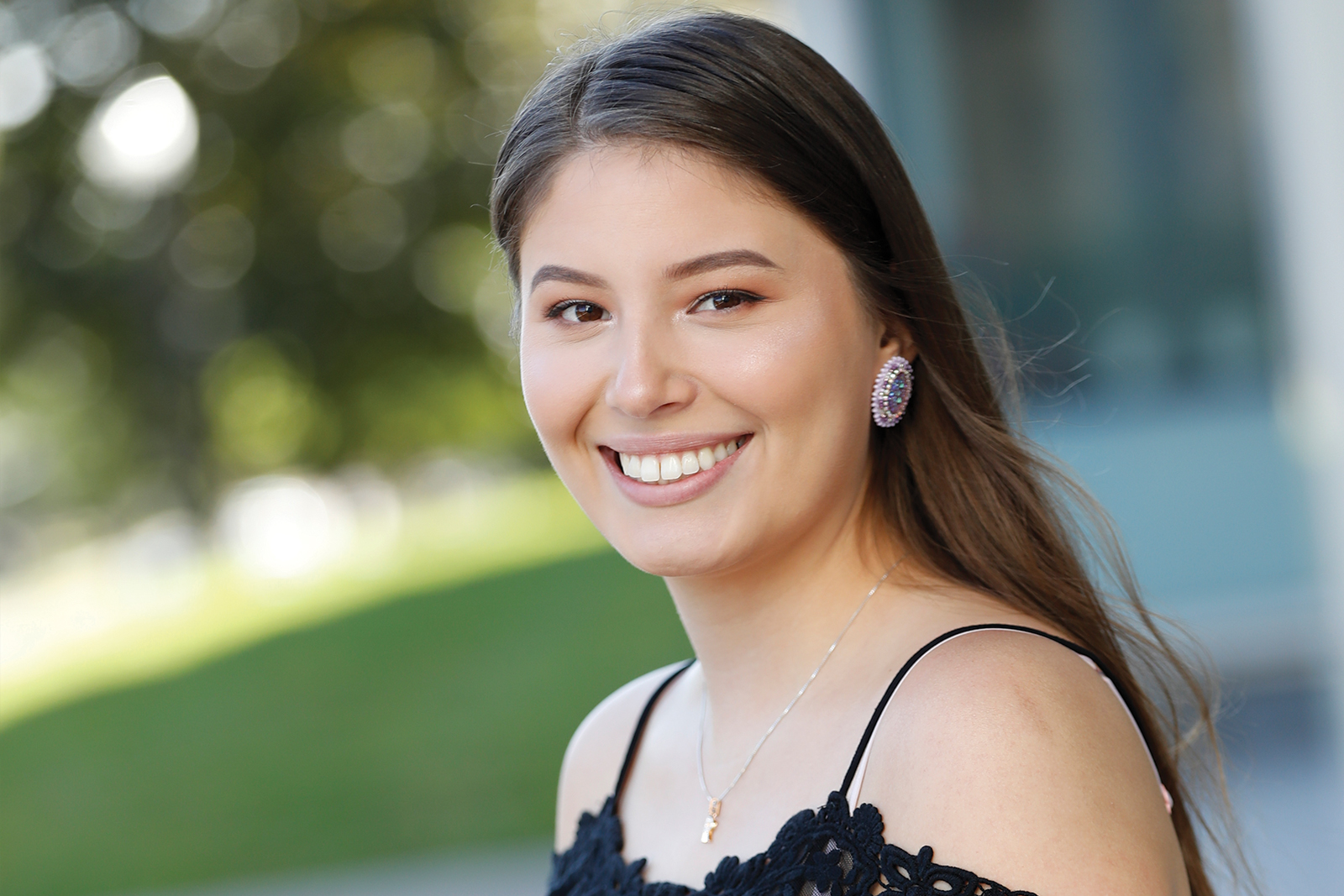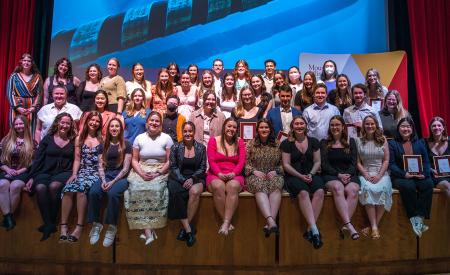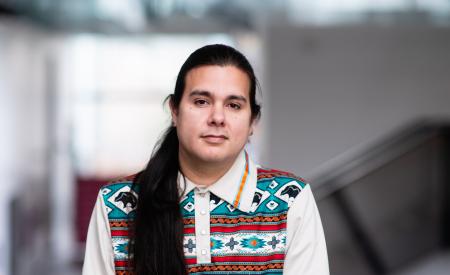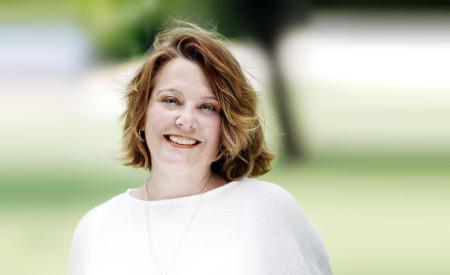Kwé — Pjila’si — Welcome
We would like to acknowledge that we are located within the territory of Mi’kma’ki, the unceded, ancestral territory of the Mi’kmaq.
Our relationship and our privilege to live on this territory was agreed upon in the Peace and Friendship Treaties of 1752.
Because of this treaty relationship it is to be acknowledged that we are all Treaty people and have a responsibility to respect this territory.
| Are you an Indigenous student thinking of attending Mount Allison? Visit our Indigenous students admissions page! |
Indigenous Affairs
Mount Allison seeks to:
- Reach out to Indigenous students and assist with accessing university
- Support Indigenous students throughout their time at Mount Allison
- Indigenize the curriculum
- Engage non-Indigenous students and community members, helping them understand the history and culture of First Nations students
The Indigenous Student Advisor provides support to Indigenous students throughout their academic journey.
The Indigenous Student Advisor also plays a crucial role in advancing the University’s Indigenous education principles, in line with Truth and Reconciliation Commission directives.
They collaborate with Indigenous students, community members, and campus stakeholders to develop and implement programs supporting Indigenous students while engaging non-Indigenous peers.
Contact: indigenous@mta.ca
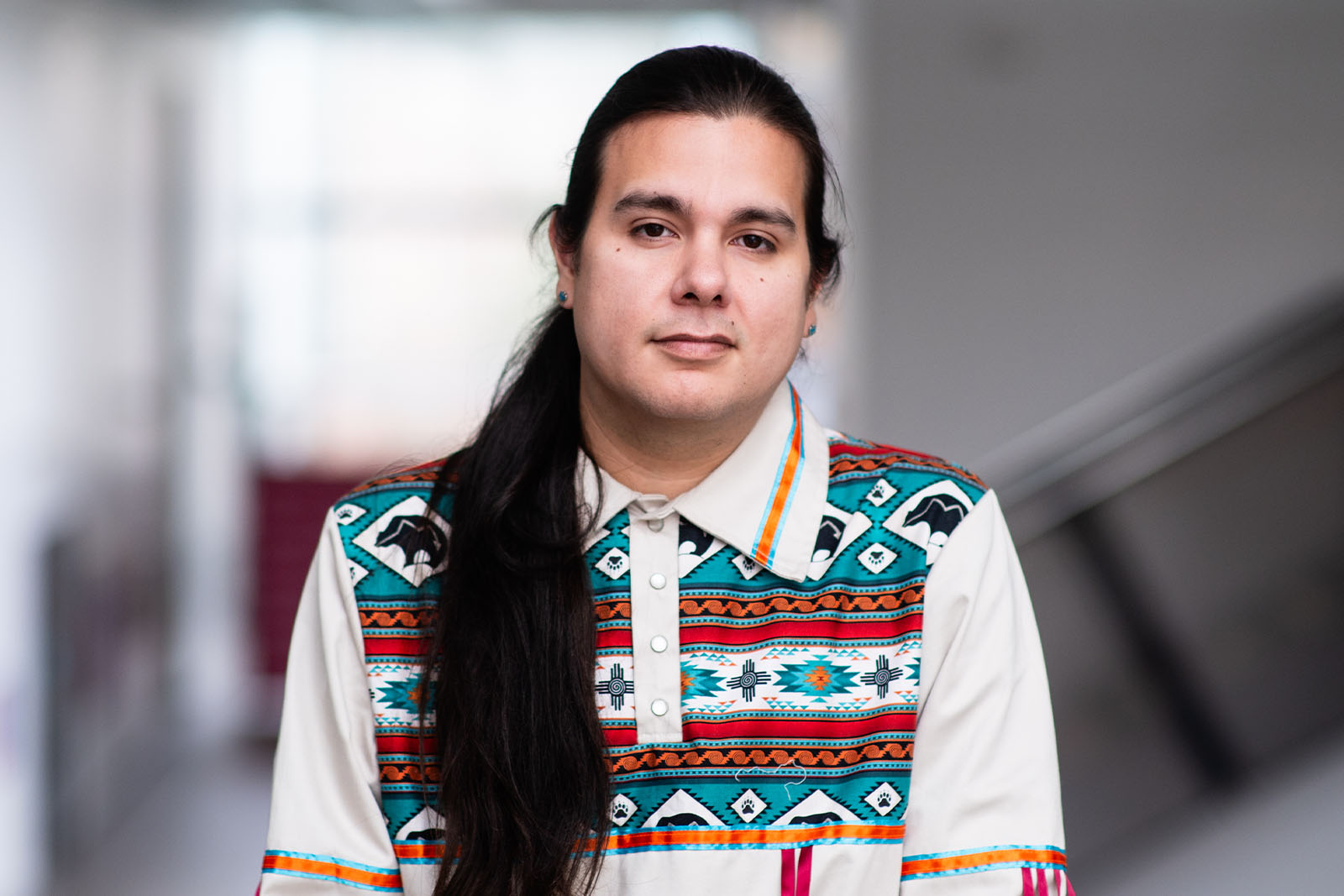
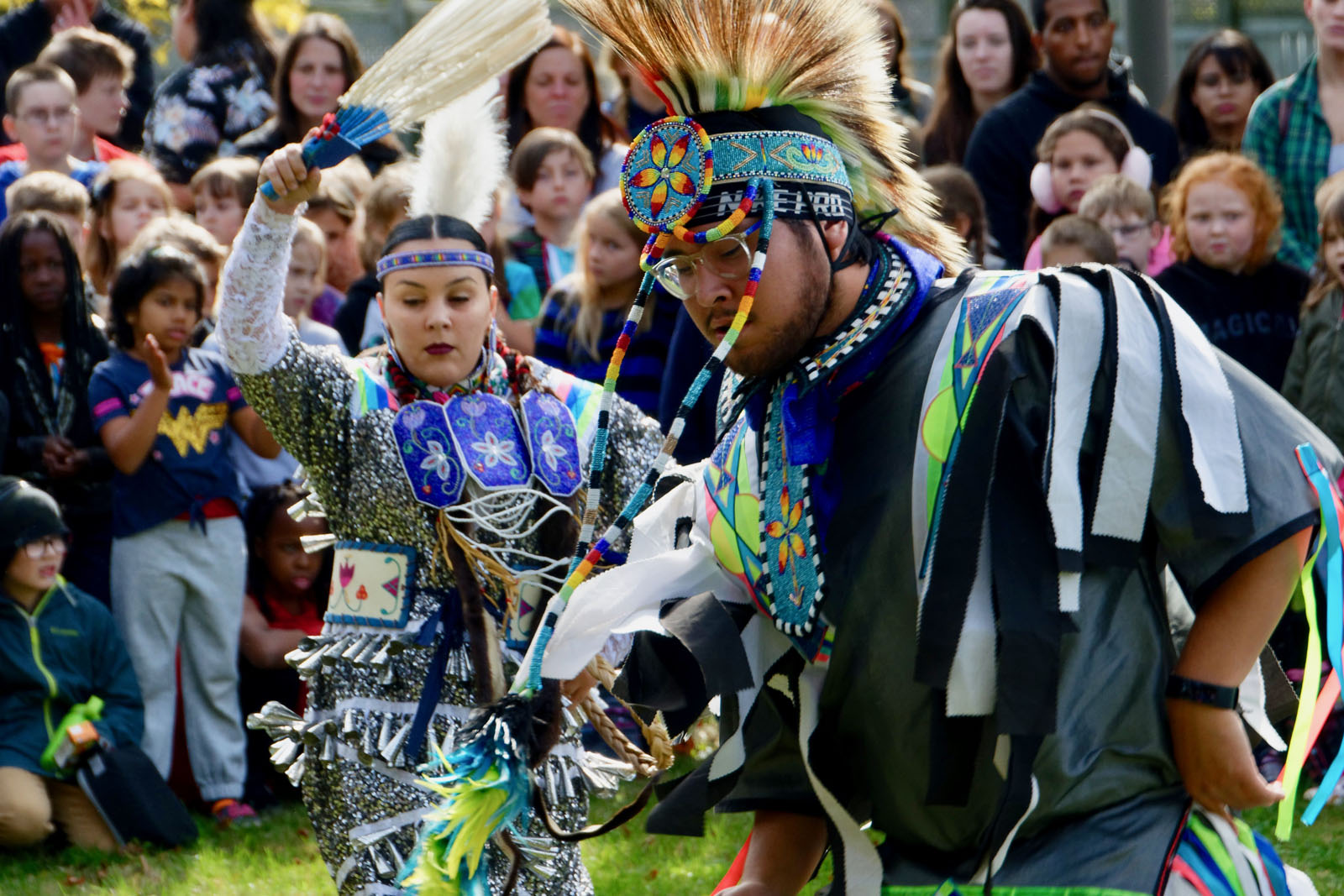
Ceremony, events, and activities
Indigenous ceremony, events, and activities on campus include the National Day for Truth and Reconciliation, the annual Powwow, and Sweat Lodge ceremonies. Other events recognized on campus annually include Treaty Day, National Indigenous Peoples Day, and more.
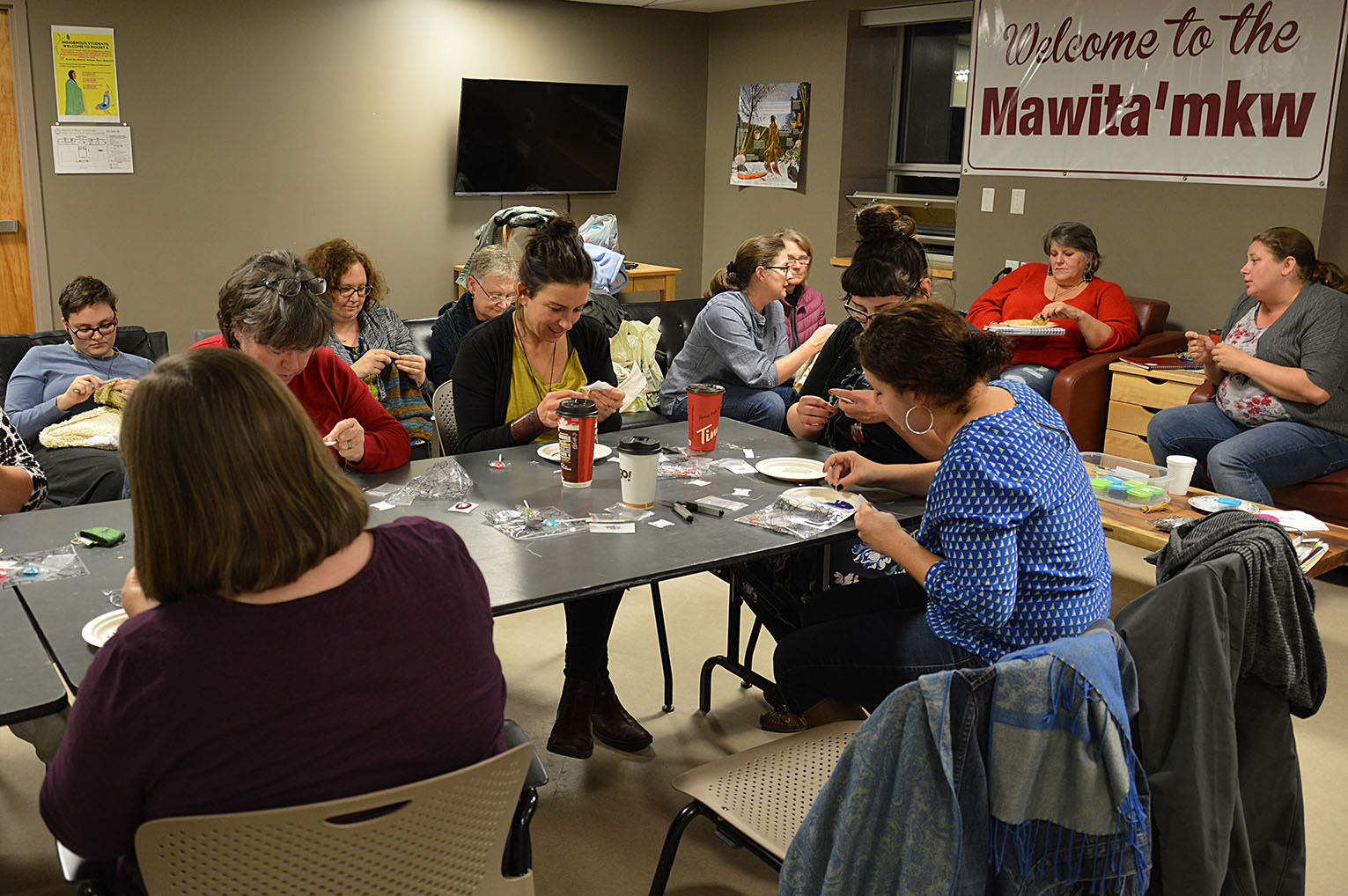
Indigenous spaces on campus
Mawita’mkw, an Indigenous gathering space, is located at the Wallace McCain Student Centre. Other Indigenous spaces on campus include the Indigenous Gardens and the University Sweat Lodge and teepee.

For Indigenous students
Programs and services are available to support Indigenous students, including the Indigenous Student Support Group (ISSG) and the Indigenous Mentorship Program.
"Choosing Mount Allison as my university has been the best decision I've ever made. Mount A focuses on celebrating Indigenous students and providing us with support and many opportunities."
— Raven Elwell ('20), Millbrook First Nation
Truth and Reconciliation
The report of the Truth and Reconciliation Commission in 2015 was a call to action for all Canadians and organizations to collectively acknowledge the historical treatment of Indigenous populations.
In 2016-17 Mount Allison initiated a range of activities and events under the overarching theme of the Year of Indigenous Knowing.
In 2017-18 we will build on the previous year’s formative steps during our Year of Indigenous Action.
In 2021, Mount Allison marked the first National Day of Truth and Reconciliation with a Week of Reflection, including a number of organized initiatives, activities, and learning opportunities in partnership with local Indigenous communities and Elders.
Year of Indigenous Knowing 2016-17
In 2016-17, Mount Allison celebrated the Year of Indigenous Knowing.
Activities and events were focused on three areas, consistent with Universities Canada’s Principles of Indigenous Education:
- Incorporating Indigenous learning and ways of knowing into the curriculum
- Expanding opportunities and supports for Indigenous students
- Creating learning opportunities for non-Indigenous students and the community at large
NEW OPPORTUNITIES AND SUPPORTS FOR INDIGENOUS STUDENTS
Indigenous affairs co-ordinator
Doreen Richard (’96) joined Mount Allison in 2015-16 to serve as the University’s first Indigenous affairs co-ordinator.
Chris Metallic Prize in Indigenous Leadership
Named in honour of former Mount Allison student Chris Metallic, this prize was established to encourage and recognize students who have exhibited leadership in the indigenization of the Mount Allison campus.
INDIGENIZATION OF THE CURRICULUM
Introduction to Indigenous Studies course
Launched in the fall 2016 term, the course introduced key topics in Indigenous history, culture, and social, political, and environmental concerns.
Indigenous Literature Community Reading
All first-year residence students received a free copy of Three Day Road by author Joseph Boyden. Students had the opportunity to discuss the book with the author and other members of the Mount Allison community.
Indigenous Studies — Program Advisory Group
The group's goal was to help guide the exploration of how Indigenous learning could be integrated into existing Mount Allison course offerings.
COMMUNITY INITIATIVES
Indigenous Gathering Space – Mawita’mkw (a place where we can gather)
Opened in September 2016 in the Wallace McCain Student Centre (Room 130) to serve as a learning and gathering space for Indigenous students and community members.
Elder-in-Residence
Elder Gilbert Sewell, from Pabineau First Nation in New Brunswick, became Mount Allison’s first Elder-in-Residence.
President’s Speakers Series
The President's Speakers Series brought four noted guests to campus, each covering a different aspect of the Indigenous experience, including writers Lee Maracle and Joseph Boyden, as well as professor Marie Battiste and Francyne Joe, Interim President of the Native Women's Association of Canada.
Events during the Year of Indigenous Knowing 2016-17
- Sept. 1 — University commencement address by Graydon Nicholas (LLD ’10), former lieutenant-governor of New Brunswick, attorney, judge, and politician
- Sept. 15 — Canada Council Reading by Anishnaabe poet Armand Garnet Ruffo
- Sept. 16 — Canada Council Reading by Lee Maracle, Sto:lo poet, novelist, and essayist, part of the President’s Speakers Series
- Sept. 29 — Official opening of new Indigenous Gathering Space, Mawita’mkw, and Treaty Day flag raising
- Oct. 3 — President’s Speakers Series, reading by Anishnaabe novelist Joseph Boyden, author of Three Day Road and The Orenda
- Oct. 6 — Talk with Métis curator, artist, and writer David Garneau
- Oct. 11 — There are No Closets in Tipis, lecture by Jack Saddleback, University of Saskatchewan Student Union President
- Oct. 19 — Reading by Rebecca Thomas, Mi’kmaq Spoken Word Artist and Halifax Poet Laureate
- Oct. 21 — pihtonikewin — a presentation by artists Breanna Little, Niki Little, and Becca Taylor
- Oct. 24 — President’s Speakers Series, Decolonizing education in the path of the Truth and Reconciliation Commission by Dr. Marie Battiste, University of Saskatchewan
- Nov. 22 — Empowerment, Resilience, and Success with Waneek Horn-Miller, a Mohawk from the Kahnawake Mohawk Territory near Montreal, who was behind the lines during the Oka crisis in 1990
- Jan. 24 — President's Speakers Series, Francyne Joe, Interim President of the Native Women's Association of Canada
- Feb. 15 — Savvy Simon, Mi'kmaq language advocate and member of the Elsipogtog First Nation
- May 2-3 — Indigenous Day of Action and Reflection — a one-day workshop on indigenization at Mount Allison, featuring guest speakers, panels, and an interactive session on indigenizing and decolonizing the curriculum
Year of Indigenous Action 2017-18
In 2017-18, Mount Allison celebrated the Year of Indigenous Action.
OPPORTUNITIES AND SUPPORTS FOR INDIGENOUS STUDENTS
Indigenous affairs
Emma Hassencahl-Perley serves as the University’s Indigenous affairs co-ordinator.
Recruitment
Mount Allison continued to intensify activities aimed at recruiting more Indigenous students to study here, primarily focused on Mi'kma'ki — New Brunswick and the Maritime region.
Indigenous Support Group
Founded in 2012, the Indigenous Support Group is a forum for Indigenous students and allies to share their experiences and discuss concerns about Indigenous issues on campus.
Indigenous Mentorship Program
The Indigenous Mentorship Program is created and pairs upper-year Indigenous students or allies with first-year students to offer support during their transition from high school to university. Mentors welcome new students into the Mount Allison community and ensure they know how and where to access available supports and resources on campus.
INDIGENIZATION OF THE CURRICULUM
Professional development and connections
Mount Allison introduced cultural awareness training and professional development related to Indigenous culture and traditions. Faculty engaged in understanding the needs of Indigenous learners and approaches to assessing their learning, and connections were made with local Indigenous communities, including Fort Folly. The Indigenous affairs co-ordinator was an active member of the Association of Atlantic Universities' Subcommittee on Aboriginal Education and maintained regular contact with the Indigenous education advisors in the school districts. Mount Allison also participated in the third annual National Building Reconciliation Forum held in Winnipeg.
Indigenization Resource Guide
Part of the R.P. Bell Library's Teaching and Learning Subject Guide, the Indigenization Resource Guide was created to provide links to many useful resources for faculty.
Blanket Exercise
The Blanket Exercise is an interactive activity where participants gain an introduction to Indigenous issues in Canada by tracing the historical relationship between Europeans and Indigenous peoples in Canada. Approximately 300 students in the Introduction to Sociology course participated in the exercise.
New course — Social Research: Decolonizing Methodologies
This sociology field course explored the impact settler colonialism continues to have on Indigenous peoples, with a specific focus on Mi'kmaq, Passamaquoddy, and Wolastogey nations, and aimed to help students understand the critical importance of the land, Indigenous languages, ceremony, and cultural traditions. The class, which was co-taught by Chris T. George of Ugpi’ganjig (Eel River Bar), spent several days in the field under the supervision of Wabanaki ceremonial elders. Chris T. George of Ugpi’ganjig (Eel River Bar) will co-teach and
New course — Colonialism, Racism, and Indigeneity in Canada
This sociology course explored the position of Indigenous people in Canadian society by focusing on the social dimensions of race, ethnicity, and aboriginality. The course also considered the extent to which racism, patriarchy, capitalism, power, privilege, and access to resources contribute to the marginalization of Indigenous peoples and focused particularly on socially constructed relationships that emphasize and perpetuate social inequality and stratification.
New course — Indigenous Canada
This course explored Indigenous Canada from an interdisciplinary perspective. Topics included: Indigenous history in Canada, the development of Indigenous arts and culture in Canada, Indigenous philosophy and ethics, and the politics of self-government among various Indigenous communities.
Additional courses
Additional courses with Indigenous content were highlighted, including:
- Canadian Studies senior seminar offering a multidisciplinary look at Indigenous Canada
- Introduction to Canadian Literature
- Anthropological Perspectives on Development
- Indigenous Knowledge Systems: Theoretical and Methodological Issues
- Arctic Ethnography
- Gender in Canada
- Environment and Development
- Gender, Race, and Environmental Movements
- The Expansion of Europe Abroad
- Introduction to Music in Canada
- Contemporary Canada: an Introduction
- Cultural Diversity in Canada
COMMUNITY INITIATIVES
Indigenous Gathering Space — Mawita’mkw (a place where we can gather)
Located centrally in the Wallace McCain Student Centre (Room 130), this designated space, which opened in September 2016, serves as a learning and gathering space for Indigenous students and community members. The space was furnished with a donation of Indigenous art and an Indigenous book collection.
President’s Speakers Series
The 2017-18 President's Speakers Series brought a number of noted guests to campus, including Dr. Niigaan Sinclair, assistant professor at the University of Manitoba and a regular commentator on Indigenous affairs; Ian Campeau, founding member of A Tribe Called Red; Assembly of First Nations National Chief Perry Bellegarde; Roberta Jamieson, President and CEO of Indspire; and Naiomi Metallic, Chancellor’s Chair in Aboriginal Law and Policy at Dalhousie University’s Schulich School of Law.
Indigenous Advisory Circle
The University established an Indigenous Advisory Circle, made up of University and Indigenous community representatives, to provide guidance on institutional initiatives.
Ceremonies and flag raising
Smudging ceremonies were introduced in residences and an Indigenous land acknowledgement began to be read at the beginning of key University events. On Oct. 1 Treaty Day was recognized with the permanent installation of a Mi'kmaq flag on campus.
Mansbridge Summit
The final Mansbridge Summit focused on Indigenous Action — addressing how members of the Mount Allison community could best contribute to processes of enacting change with Indigenous peoples. It included a day of collaborative group engagement in activities and discussions that embodied Indigenous ways of knowing, being, and doing.
Aboriginal storytelling carpet
The R. P. Bell Library installed an Aboriginal storytelling carpet on the main floor of the library. The carpet depicts symbols that are important to various First Nations in Canada. A copy of the guide to the symbols is available on an adjacent bookshelf and at the service desks. One of the first to use the new carpet was a group of preschoolers who visited the library and read a Mi'kmaw story there.
Events during the Year of Indigenous Action 2017-18
- Aug. 30 — Blanket exercise with Residence Life staff
- Sept. 15 — Blanket exercise with President's Council
- Sept. 25 — President's Speakers Series, Indigenous Immemorial: Our Worlds post #Canada150, Dr. Niigaan Sinclair, faculty member in the Native Studies Department at the University of Manitoba
- Sept. 27 — Canada Council Reading with Patti LaBoucane-Benson and Kelly Mellings, author and illustrator of award-winning graphic novel The Outside Circle. Ron Joyce Presents speaker, award-winning educator, singer-songwriter, and Mount Allison alumnus Dr. Rick Colbourne ('84), Playing it Unsafe: How Risk-Taking Leads to Career Success
- Sept. 29 — Mansbridge Summit on Indigenous Action
- Oct. 14-15 — Welta'q Project — music care therapy and training course
- Nov. 20 — President's Speakers Series, Ian Campeau, founding member of A Tribe Called Red, DJ, and feminist
- Nov. 22 — President's Speakers Series, National Chief Perry Bellegarde, Assembly of First Nations
- Jan. 16 — President's Speakers Series, Albert Marshall, Elder of the Mi'kmaw Nation
- Jan. 23 — President's Speakers Series, Roberta Jamieson, President and CEO, Indspire
- Feb. 1 — President's Speakers Series, Naiomi Metallic, Chancellor’s Chair in Aboriginal Law and Policy, Schulich School of Law, Dalhousie University
Resources
- National Centre for Truth and Reconciliation (NCTR)
- Truth and Reconciliation Commission of Canada: Calls to Action
- Universities Canada principles on Indigenous education
- Indigenizing the academy (University Affairs)
- National Inquiry into Missing and Murdered Indigenous Women and Girls
- Calls for Justice — Reclaiming Power and Place: The Final Report of the National Inquiry into Missing and Murdered Indigenous Women and Girls
Indigenous news
Contact us
Indigenous Affairs
Email: indigenous@mta.ca
Phone: (506) 364-2127
Location
Student Life Office
Wallace McCain Student Centre
Room 291


